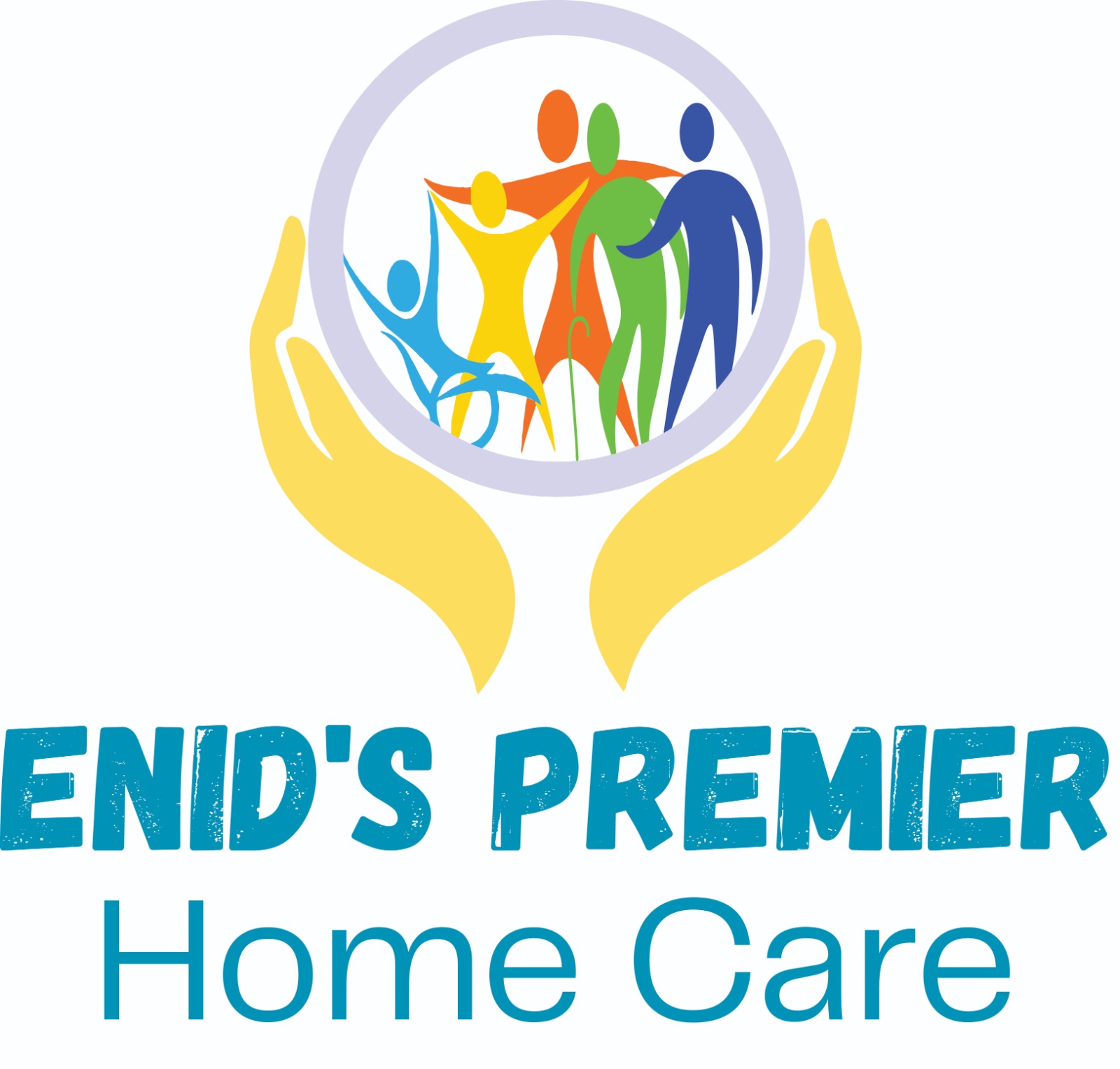Blogs

As we age, maintaining emotional, cognitive, and physical well-being becomes increasingly important. Music therapy has emerged as a powerful tool in senior care, providing holistic benefits that improve quality of life. This evidence-based practice uses music to address physical, emotional, and social needs, making it especially impactful for seniors dealing with conditions like dementia, Parkinson’s disease, or depression. Here’s an in-depth look at how music therapy is enhancing senior care.
What is Music Therapy?
Music therapy involves the use of music by a trained therapist to achieve therapeutic goals. It can include listening to music, playing instruments, singing, composing, or even moving to music. This type of therapy is personalized, tailored to an individual’s preferences, needs, and abilities.
Benefits of Music Therapy for Seniors
-
Improves Cognitive Function
-
For seniors with dementia or Alzheimer’s, music therapy can evoke memories and improve focus. Familiar songs often stimulate long-term memory, fostering a sense of connection and recognition.
-
-
Reduces Stress and Anxiety
-
Music has a calming effect, helping to reduce stress, agitation, and anxiety. This is particularly beneficial for seniors who may feel overwhelmed or confused due to cognitive decline.
-
-
Enhances Emotional Well-Being
-
Music therapy provides a creative outlet for self-expression, helping seniors process emotions and feel more positive. Singing or playing an instrument can boost mood and self-esteem.
-
-
Promotes Physical Health
-
Activities like clapping, tapping, or dancing to music encourage physical movement, improving mobility, coordination, and strength. These activities can also enhance circulation and reduce stiffness.
-
-
Encourages Social Interaction
-
Group music therapy sessions foster socialization and create a sense of community. Singing or playing instruments together can strengthen bonds and reduce feelings of isolation.
-
Music Therapy and Dementia
Seniors with dementia often respond profoundly to music therapy. Even when verbal communication becomes challenging, music can bridge the gap, creating moments of clarity and connection. Research has shown that music therapy can:
-
Decrease agitation and behavioral issues.
-
Improve communication and social engagement.
-
Provide comfort and reduce feelings of loneliness.
Implementing Music Therapy in Senior Care
Music therapy can be incorporated into senior care in various ways:
-
Professional Sessions: Licensed music therapists work one-on-one or with groups to create tailored programs. They select music that aligns with a senior’s history, culture, and preferences.
-
Daily Activities: Caregivers can integrate music into daily routines by playing favorite songs, encouraging singing, or using music as a background for relaxation.
-
Community Programs: Senior care centers often host music therapy events, such as sing-alongs, drumming circles, or dance classes.
Music therapy is a transformative approach to senior care, offering numerous physical, emotional, and social benefits. By tapping into the universal language of music, it fosters joy, connection, and healing for seniors at every stage of life. Whether through professional sessions or simple daily interactions, music therapy is a gift that can profoundly enrich the lives of our elderly loved ones.
At Enid’s Premier Home Care, we believe in providing holistic care that nurtures the mind, body, and spirit. Contact us at (713) 239-3756 to learn more about how we integrate music therapy and other innovative approaches into our senior care services.
